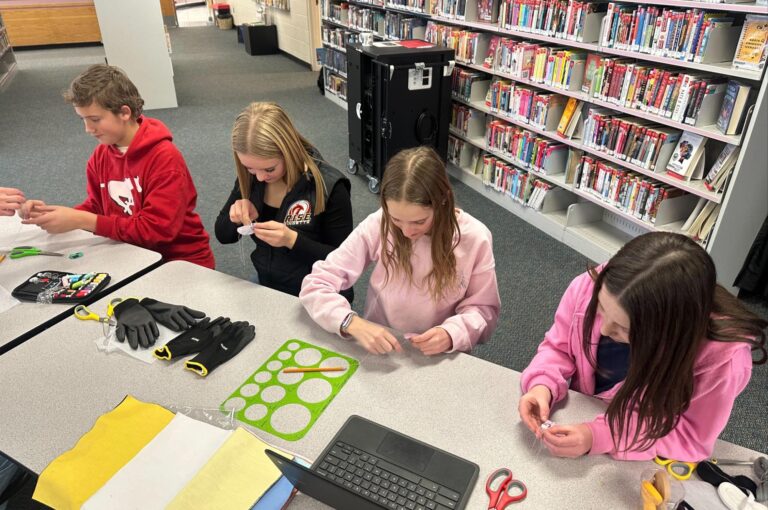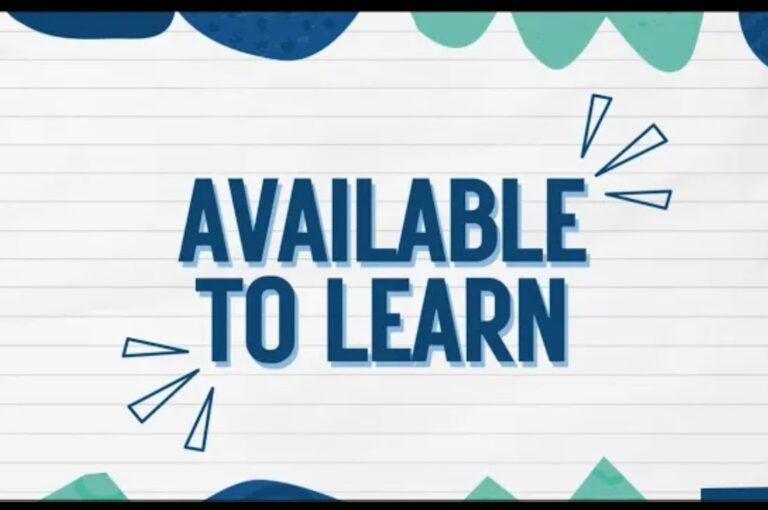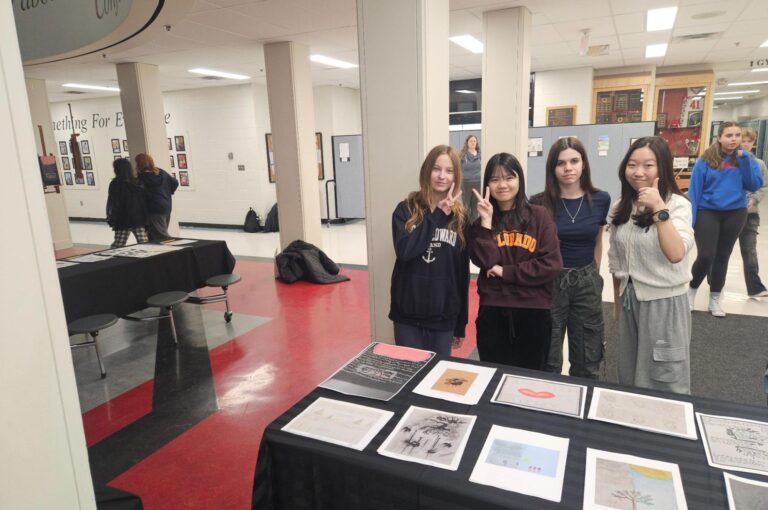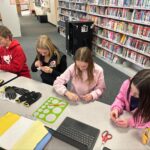Grade 6 Social Studies tasks students with learning about a culture that is not only different from the one they live in, but also one that is ancient and no longer in existence. Creating authentic learning experiences about ancient Athens might seem difficult, but, at Greentree School, students were challenged with a RAFTS activity (an acronym for ‘Role, Audience, Format, Topic, and Strong Verb’) to deepen their understanding of ancient Athens and the birth of democracy. Students had the choice to work collaboratively or independently to answer the question, “Did the ancient Athenians ensure equity and fairness for all?”.
Student Choice and Voice
There is a lot of choice in this RAFTS challenge. The project starts with students deciding which point-of-view to use as the voice in their presentations. They can choose amongst various members of Athenian society: women (Athenian-born, metic, or slave), children (boy or girl), or men (citizen, metic, or slave). Students also choose the audience for their final presentation (classmates or another Athenian society member), and the format of a piece of writing they will produce to present to their classmates. Students might produce a letter, a paragraph, or a script or they may choose another format that they feel will best express what they have learned.
Student autonomy to choose how to address the challenge increases ownership of the learning as well as their engagement in the task.
Building Competencies
By the end of the challenge, students will make informed judgements about the extent to which ancient Athenians ensured equity and fairness for all citizens by comparing the findings of their own investigations with what they learn from their peers’ presentations.
All in all, through this RAFTS activity on ancient Athens, these Grade 6 students were given opportunities to further develop their own skills related to creativity, critical thinking, communication and collaboration all the while learning about a curriculum learning outcome.






